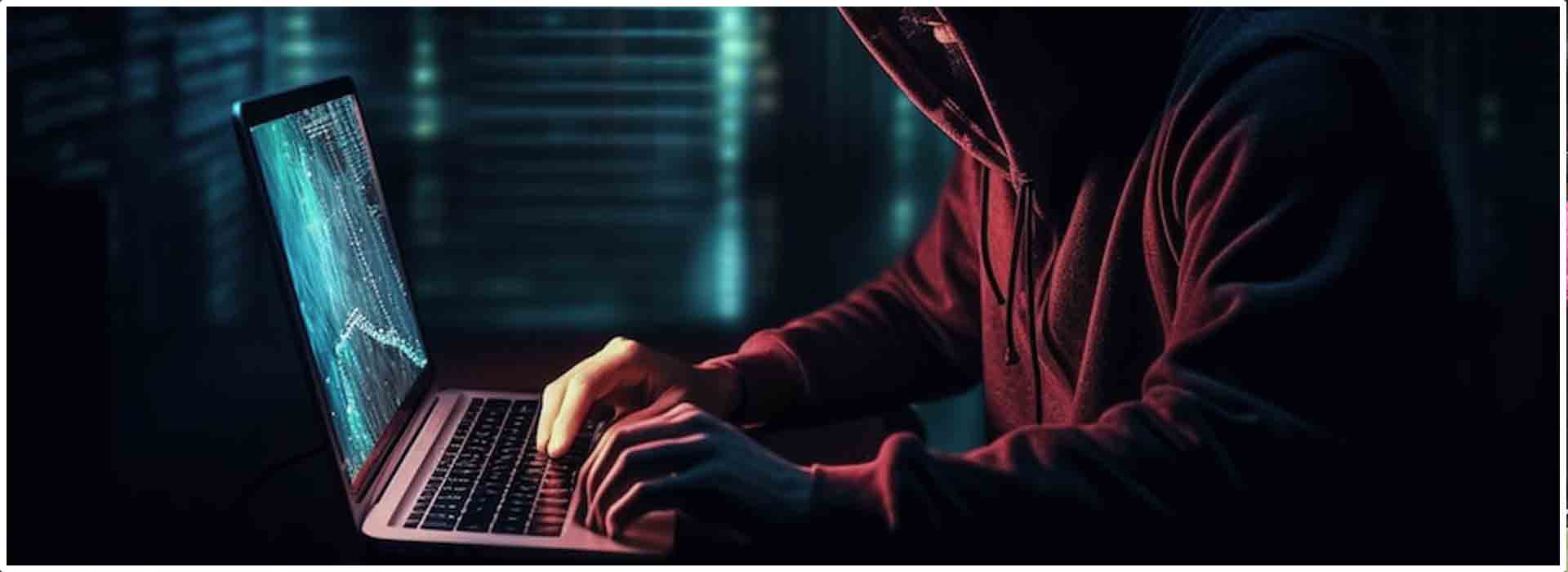7 Effective Ways to Protect Yourself and Others from Cyberbullying

Cyberbullying: What It Means, Its Effects, and How to Stay Safe Online
The internet is a huge part of our lives today. We use it for chatting, studying, watching videos, and having fun. But just like it has good sides, it also has bad sides. One of the biggest problems is cyberbullying.
Cyberbullying is when people use the internet, phones, or social media to hurt, threaten, or embarrass someone. It can happen through messages, posts, fake accounts, or even group chats. Sadly, it can seriously affect someone’s mind, confidence, and health.
To fight this growing problem, groups like UNICEF and popular platforms like Facebook, Instagram, Snapchat, TikTok, and Twitter are working together. But the most important thing is that we learn how to protect ourselves and others online.
What Is Cyberbullying?
Cyberbullying is a type of bullying that happens online or on digital devices. It includes sending hurtful messages, posting mean content, or using someone’s private information without their permission. The goal is always to make someone feel bad, scared, or ashamed.
Some common forms of cyberbullying are:
- Harassment: Sending mean or threatening texts over and over.
- Flaming: Posting angry or rude comments in public.
- Exclusion: Leaving someone out of online groups on purpose.
- Outing: Sharing private or embarrassing details about someone.
- Cyberstalking: Repeatedly following or messaging someone online.
- Trolling: Posting nasty comments just to make people upset.
- Impersonation: Creating fake profiles or pretending to be someone to damage their image.
Effects of Cyberbullying
The effects of cyberbullying are real and long-lasting. It’s not just “fun” or “jokes.” Victims may face:
- Emotional distress – constant sadness, fear, or depression.
- Low self-esteem – losing confidence in themselves.
- Isolation – avoiding friends and social activities.
- School or work problems – falling behind because they can’t focus.
- Physical health issues – stress headaches, trouble sleeping, or feeling sick.
- Extreme cases – thoughts of self-harm or giving up on life.
This is why cyberbullying must be taken seriously.
7 Ways to Protect Yourself from Cyberbullying
Now that we know how harmful it is, here are seven simple but powerful ways to stay safe and help others:
- Raise Awareness
- Learn what cyberbullying is and how it looks.
- Share your knowledge with friends.
- Notice the signs when it happens.
- Set Privacy Controls
- Use privacy settings on social media.
- Don’t share too much personal info online.
- Be careful about who can contact you or see your posts.
- Report and Block
- Know how to report bullying on apps like Instagram, TikTok, or Snapchat.
- Report the bully quickly.
- Block or mute anyone spreading hate.
- Keep Communication Open
- Talk with your parents, teachers, or close friends.
- Don’t keep silent if you face bullying.
- If you see someone else being bullied, speak up.
- Think Before You Share
- Don’t share private info or mean comments.
- Once you post something, you can’t fully delete it.
- Remember: one careless share can hurt someone for a long time.
- Take Care of Yourself
- Do a digital detox—take breaks from apps and games.
- Spend time outdoors or with family.
- If you feel upset, talk to a counselor, teacher, or friend.
- Spread Kindness Online
- Be a positive role model.
- Join campaigns that fight cyberbullying.
- Share supportive comments instead of hate.
Conclusion: Together We Can Stop Cyberbullying
Cyberbullying is dangerous, but it can be stopped if we all play our part. By spreading awareness, protecting our privacy, reporting bullies, and showing kindness online, we can make the internet a safer place.
Always remember: the fight against cyberbullying starts with you and me. A little kindness, empathy, and smart online behavior can change everything.
Click to read the full article
No tags available for this post.





